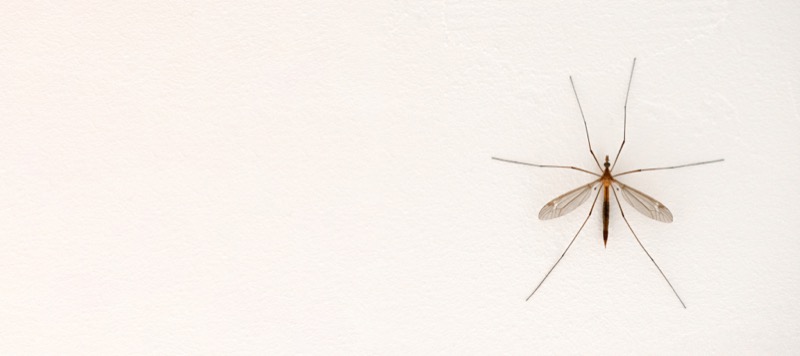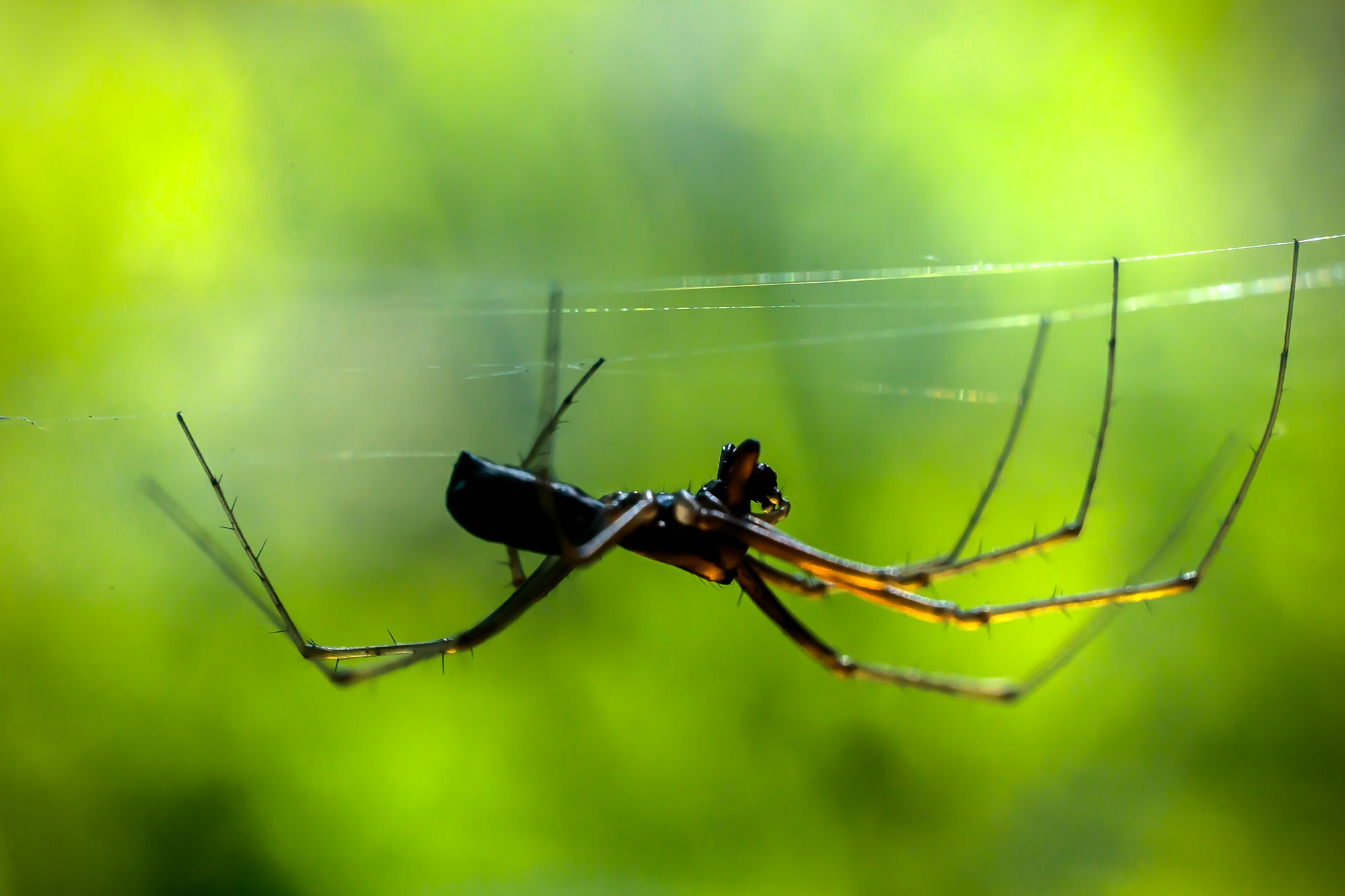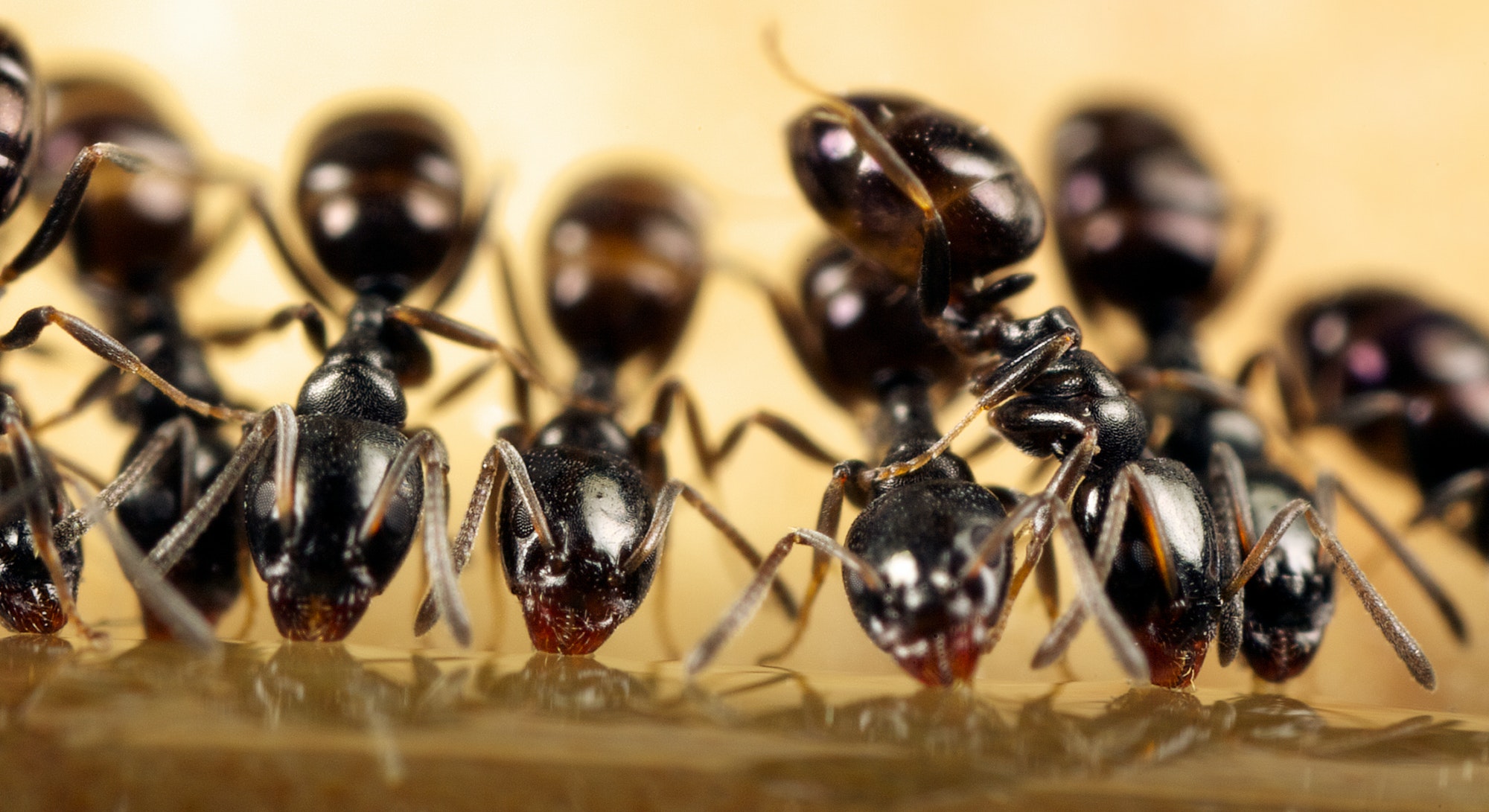Top Mosquito-Borne illnesses in The U.S
If it was on vacation or at home, we all woke up to find ourselves (some more than others) coated in those itchy red markings left behind by mosquitoes. Mosquitoes are also behind the spread of certain unpleasant diseases such as malaria and yellow fever, in addition to supplying us with the itchiest insect bites known to man! The spread and transmission of many infectious diseases is the fault of mosquitoes, infecting approximately 700 million people and causing 1 million deaths per year! Makes the mosquito the most dangerous species in the world!
Mosquito-borne viruses are those of a vector type that is biologically transmitted. This suggests that the viruses in question exist within the mosquito’s body and are spread by a mosquito bite. It is important to remember that in underdeveloped nations, the bulk of mosquito diseases live.
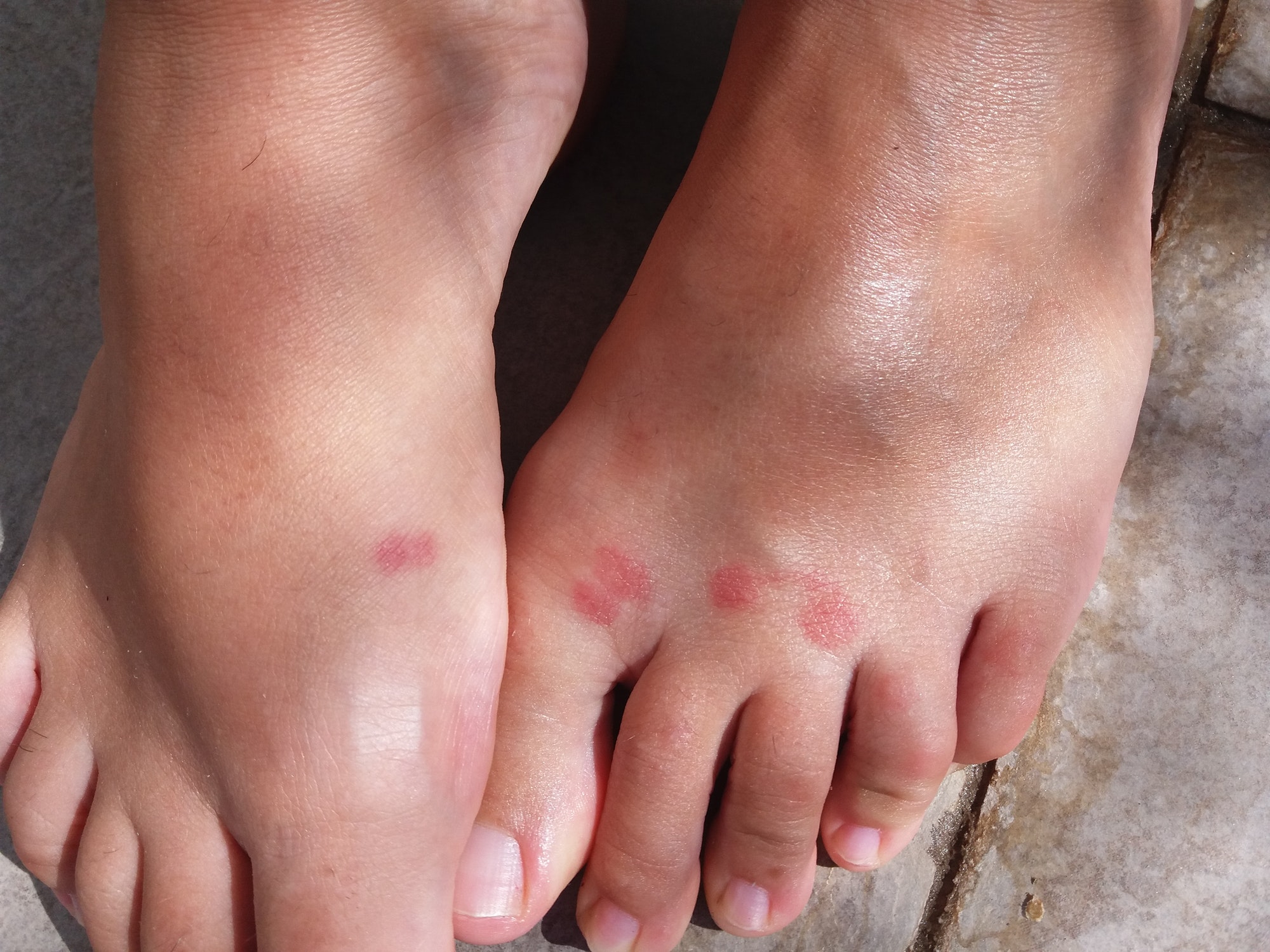
However, some mosquito viruses are on the move around the globe due to climate change and foreign trade. For example, the Asian Tiger Mosquito has a natural range in the tropics of the islands of Southeast Asia, the Pacific, the Indian Ocean, and China, and Japan.
This biting bug has become one of the animal species that has spread exponentially, occurring beyond its native range in 28 countries. Also blamed for the Chikungunya disease epidemic in Italy during 2007 was the Asian Tiger Mosquito.
Mosquitoes have to disperse various infectious diseases across the globe, which can vary significantly based on the species and location. Malaria, Dengue fever, West Nile virus, and Yellow fever are the most prevalent forms of mosquito diseases.
In the United States, the most prevalent mosquito-borne illness, followed by malaria, dengue, and chikungunya, is the West Nile virus. There were nearly 2,647 West Nile occurrences in 2018, with 217 cases arising in California. West Nile was blamed for 167 casualties in the same year. This illness, unlike malaria and dengue, is also found in Western countries. Although the West Nile virus is shown to be not that serious, 1 out of 100 cases grows into the brain and spinal cord infections.
The West Nile virus, including encephalitis or meningitis, can cause a fatal neurological condition in humans. As there is no vaccination or specialized therapy available, therapy for the West Nile virus is very limited. Over the counter pain, relievers can, however, be used to decrease fever. Hospitalization is required in severe cases of the West Nile Virus to obtain supportive care. Malaria is a mosquito-borne disease caused by parasitic protozoans and is spread by mosquito bites.
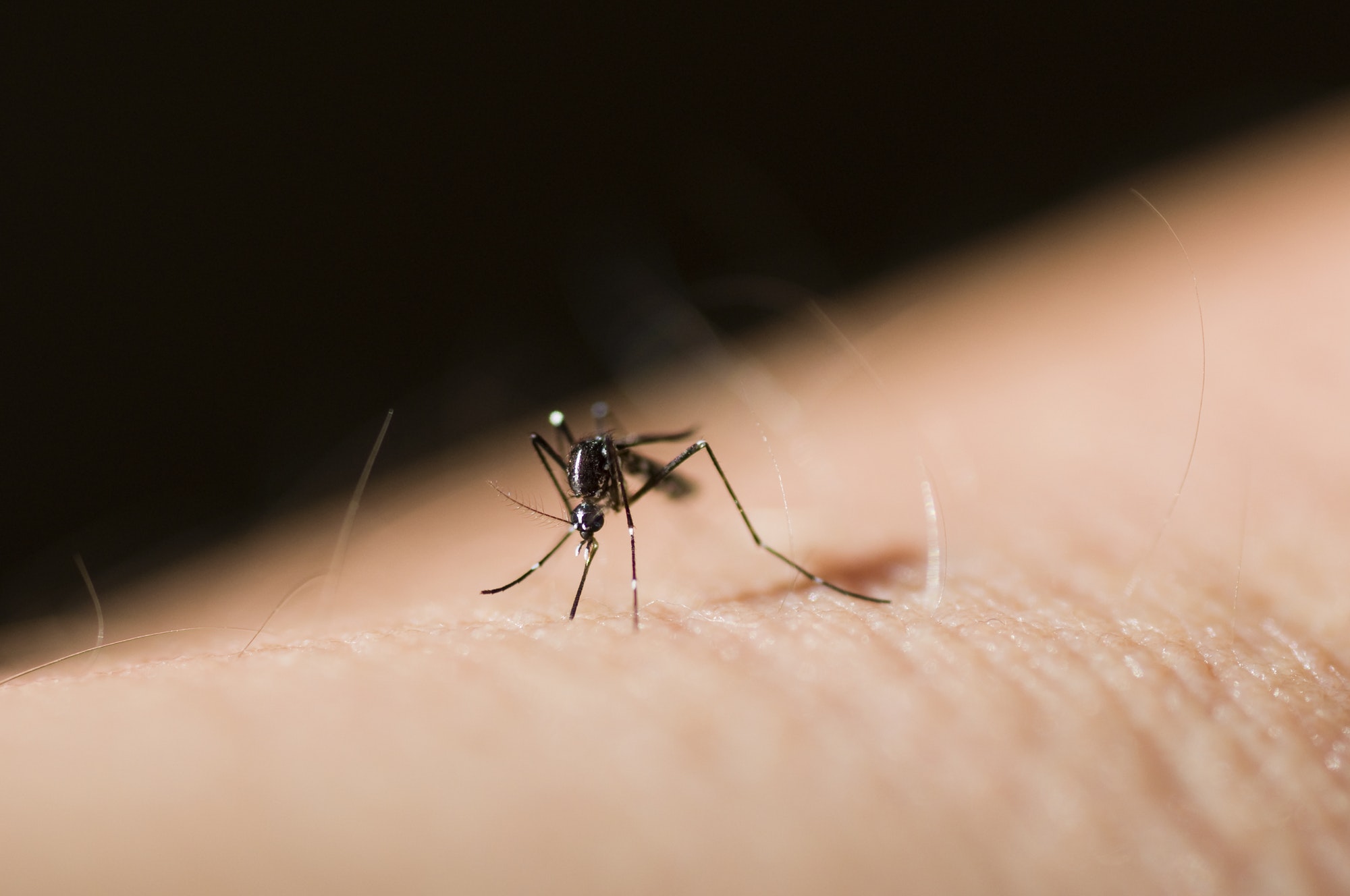
About 3.2 billion people, almost half of the world’s population, are at risk of malaria, with sub-Saharan Africa responsible for 85 percent of confirmed malaria cases in 2015. While malaria is very deadly, it is a disease that is preventable and treatable. A malaria cure is not something that can be achieved with antibiotics. To successfully remove the Plasmodium parasite from the recipient’s blood, treatment for malaria should be carried out by physicians. The explanation of why malaria’s mortality risk is very high is because doctors and services are limited. After all, the majority of confirmed cases occur in underdeveloped countries. Dengue fever is a bacterial infection caused by mosquitoes.
The number of dengue fever cases has risen rapidly in recent years, and now about half of the world’s population is at risk. Dengue fever typically occurs in tropical and subtropical climates and is found in urban and semi-urban areas where there is a high degree of human and mosquito activity.
In 128 countries, it is estimated that 3900 million people are at risk of contracting dengue fever. There is no treatment for dengue fever at present. Dengue fever recovery means attempting to alleviate the symptoms. Through drinking lots of water and taking paracetamol, something can be achieved. Avoiding getting it all together is the safest way to treat dengue fever. This can be achieved by basic methods to deter mosquitoes.
